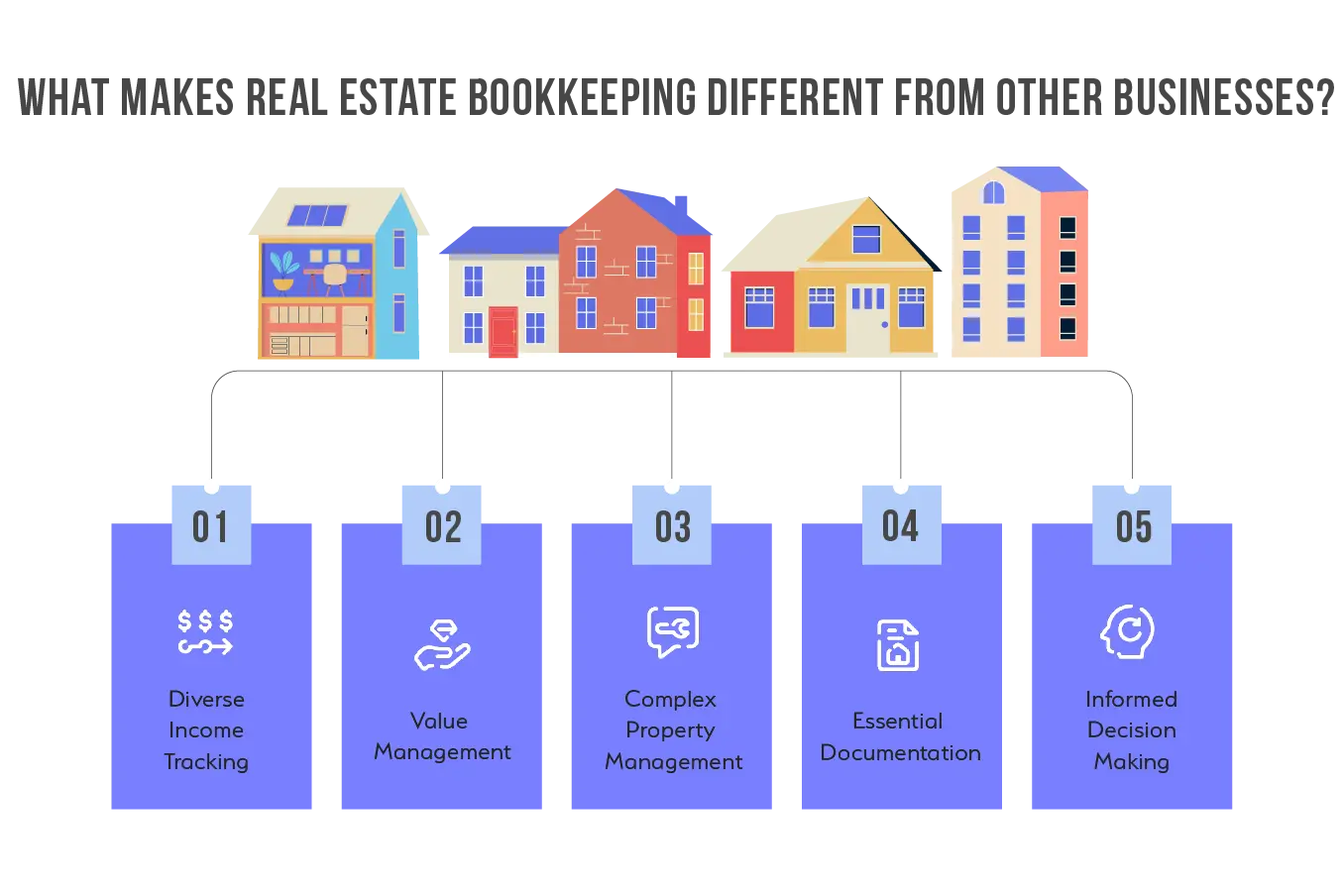The Smart Way to Manage Construction Accounting to Avoid Financial Pitfalls
Wiki Article
The Trick Benefits of Applying Construction Accountancy Practices in Building & Realty Firms
The implementation of construction bookkeeping techniques within construction and real estate firms provides many benefits that can dramatically enhance overall financial administration and job results. By developing strenuous budgeting and cost-tracking devices, companies can attain greater accuracy in financial planning and capital monitoring. These methods not just mitigate mistakes yet additionally facilitate educated decision-making through timely access to critical data. As the sector remains to advance, recognizing the complete extent of these benefits ends up being vital for preserving competitiveness and achieving lasting growth. What particular areas of financial management might generate one of the most considerable improvements?Boosted Budget Plan Control
In the world of building and construction accounting, efficient budget control is paramount for job success. Enhanced spending plan control involves extensive monitoring and monitoring of funds throughout the task lifecycle. Precise budgeting ensures that expenses are approximated reasonably, enabling firms to allocate funds effectively and mitigate the danger of overruns.To attain enhanced spending plan control, building and construction firms ought to use comprehensive price tracking approaches, using innovative software options that facilitate real-time data evaluation. This consists of damaging down project expenses right into labor, materials, and above, allowing for precise projecting and adjustments as needed. Normal budget evaluations and difference analysis are crucial in determining inconsistencies in between predicted and actual expenses, which can notify timely decision-making.
Moreover, clear communication among job stakeholders is critical for preserving budgetary technique. Developing a society of accountability makes certain that all team participants recognize monetary constraints and objectives. By fostering collaboration across departments, firms can boost their capacity to react to economic challenges proactively.

Improved Capital Monitoring

Effective capital monitoring is critical for building and construction firms, as it straight influences their capability to operate smoothly and fulfill project obligations. By employing durable building and construction audit methods, firms can acquire a clearer photo of their economic placement, enabling much better forecasting and source appropriation.
Among the main advantages of better cash money flow administration is the ability to anticipate periods of economic stress. Building projects frequently involve considerable upfront expenses and fluctuating earnings based upon project milestones. With reliable tracking of earnings and expenditures, companies can identify prospective money lacks and implement strategies to mitigate them, such as protecting credit lines or readjusting repayment timetables with subcontractors.
Furthermore, timely invoicing and attentive follow-up on receivables can boost cash money circulation. By enhancing these procedures, building companies can guarantee that funds are offered when needed, supporting recurring operations and minimizing the threat of delays as a result of cash restraints. Precise cash money circulation estimates enable companies to make enlightened decisions relating to financial investments in brand-new jobs, devices, or employees, cultivating sustainable growth and stability within the company. Inevitably, improved capital administration is crucial for maintaining operational performance and ensuring long-term success in the competitive construction industry.
Increased Project Success
Making best use of project success is an essential goal for building companies making every effort to enhance their monetary performance. Implementing effective building audit practices is vital in attaining this objective. By accurately tracking project costs, firms can determine locations of overspending and execute rehabilitative actions quickly. This aggressive approach enables for far better budget administration, making certain that sources are allocated successfully throughout the task lifecycle.In addition, detailed economic coverage and evaluation supply understandings right into earnings margins for various jobs. By evaluating these margins, firms can make educated choices on future bids, ensuring they seek projects that align with their productivity goals. Furthermore, construction bookkeeping techniques promote much better communication among task stakeholders, fostering cooperation that can lead to cost-saving developments and enhanced task implementation.
Furthermore, establishing a robust accountancy framework enables companies to properly analyze their efficiency against sector benchmarks. This not only aids in identifying strengths however additionally highlights weak points that need addressing, enabling continuous improvement. Ultimately, enhanced project success not only enhances a firm's monetary standing however likewise improves its competitive advantage in the building and genuine estate market, leading the means for sustainable development and success.
Streamlined Financial Processes
Streamlined economic processes are vital for building firms aiming to boost functional performance and precision in their audit techniques. By applying standard procedures and making use of specialized software program, companies can considerably decrease the time and effort invested on economic management jobs. Automation of routine jobs, such as invoicing, pay-roll, and expenditure monitoring, decreases human error and guarantees that monetary data is processed quickly.Additionally, structured procedures facilitate better capital management, an important aspect for building and construction firms where project timelines and budget plans can be unpredictable. With real-time financial coverage, companies can check their monetary health, permitting for quick changes to minimize any capital issues. This proactive strategy assists keep vendor relationships and keeps tasks on routine.
Incorporating construction accountancy techniques enables companies to settle various economic features, from budgeting to job setting you back, right into natural workflows. This integration not only conserves time yet also advertises transparency and responsibility amongst employee. Ultimately, streamlined economic procedures add to a much more active company, prepared to reply to market modifications and job demands while guaranteeing that monetary integrity remains intact.

Notified Decision-Making Insights
Enlightened decision-making is vital for building companies browsing complex task landscapes and varying market conditions. By applying robust building and construction bookkeeping techniques, companies can utilize accurate financial information to facilitate calculated choices. This data-driven strategy allows supervisors to analyze project feasibility, designate resources effectively, and forecast cash flow changes with better precision.Construction audit supplies insights right into price administration, permitting firms to identify locations of overspending and implement corrective procedures immediately. As an example, thorough budget monitoring and difference evaluation can expose inconsistencies in between projected and real prices, notifying future project bids and strategies. In addition, timely financial reporting improves the capacity to react to market modifications, making certain that firms continue to be affordable and agile
Moreover, exact financial insights foster far better communication with stakeholders, consisting of financiers and clients. Clear monetary coverage builds count on and confidence, as stakeholders can see the company's monetary health and job performance at a glimpse. Inevitably, notified decision-making, backed by audio bookkeeping techniques, gears up construction companies to navigate obstacles, profit from chances, and drive sustainable growth in Construction CPA Accounting Firm an increasingly affordable industry.
Final Thought
To conclude, the implementation of building and construction bookkeeping methods in building and construction and property companies significantly improves financial administration. By promoting enhanced spending plan control, improving cash money flow administration, and increasing job profitability, these techniques contribute to structured monetary processes and informed decision-making. The fostering of such approaches not just fosters liability among stakeholders however additionally equips companies with the agility essential to navigate varying market conditions, eventually leading to higher total success in task execution.The application of building accounting methods within building and genuine estate firms provides countless advantages that can substantially enhance general monetary administration and task end results. Construction tasks usually entail considerable in advance costs and rising and fall revenue based on job turning points. Additionally, building and construction audit techniques assist in much better communication among job stakeholders, promoting partnership that can lead to cost-saving advancements and boosted job implementation.
Incorporating building accountancy techniques allows companies to combine numerous monetary functions, from budgeting to project setting you back, right into natural workflows. Real Estate Tax Services. In-depth budget plan tracking and difference evaluation can expose discrepancies between forecasted and actual prices, informing future task proposals and approaches
Report this wiki page